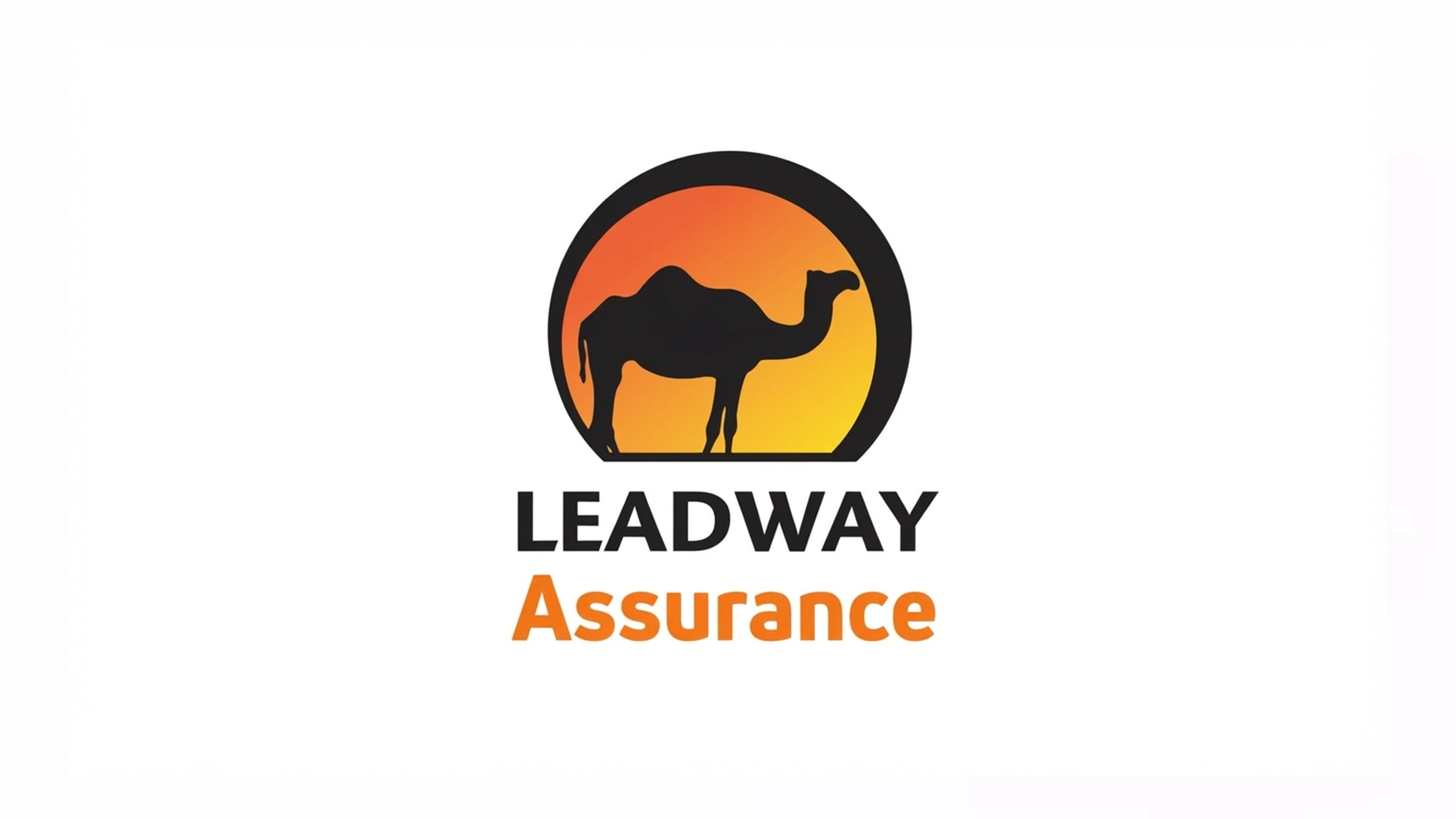The negative 1.91 per cent return recorded by the oil and gas index since the beginning of the year, making it worst worst-performing year to date, has become a source of worry to shareholders as they urged the government to take decisive action to address the challenges facing the sector.
The investors lamented that at a time when the All-Share Index, which measures the performance of quoted companies,has risen by at least 59 per cent, the oil and gas index remains on a negative trajectory, an indication of the sector’s ongoing struggles, which have been exacerbated by various factors, including lingering negative market sentiment and possibly insufficient policy support.
They noted that while the stock market has experienced robust growth, the oil and gas sector has been left behind and is failing to capitalise on the overall bullish momentum.
In addition, other major indices, including the ASI, consumer index, industrial index, insurance index, and banking index, have recorded substantial year-to-date returns of 48.81 per cent, 98.04 per cent, 48.15 per cent, 75.13 per cent, and 40.2 per cent, respectively.
In contrast, the oil and gas index has remained stagnant, reflecting deeper issues within the sector that must be addressed.
As such, shareholders have stressed the urgent need for the government to intervene with strategic policies aimed at revitalising the sector.
They argued that without appropriate measures, including regulatory reforms, incentives for investment, and efforts to boost local production and infrastructure, the oil and gas industry may continue to lag, which could have broader economic implications given the sector’s historical significance and potential for growth.
The investors suggested proactive government engagement could help restore confidence, attract fresh capital, and ultimately stimulate a turnaround in the sector’s fortunes.
Among the companies driving the sector are Conoil, Oando, Seplat, and Total. These firms have faced various challenges, including fluctuating global oil prices, regulatory uncertainties, and operational hurdles, which have contributed to the overall underperformance of the oil and gas index.
As of October 2024, the oil and gas index has recorded over 100 per cent year-to-date (YTD) return, making the sector the best-performing in the bourse in the year.
Also in 2023, the sector returned a gain of 98.29 per cent, making it the second-best-performing in the year.
However, data from the Nigerian Exchange Limited (NGX) as of October 15, 2024, showed a remarkable reversal of fortunes, with the oil and gas index recording a negative year-to-date return of negative 1.91 per cent.
An independent investor, Amaechi Egbo, stressed the importance of continued government support to sustain this positive momentum. He highlighted the need for the government to implement policies that not only encourage investment but also address infrastructural deficits, ensure regulatory clarity, and foster innovation within the sector.
According to Egbo, such measures are essential to transforming the sector into a more resilient and competitive force in the economy, capable of delivering sustained returns to investors while contributing to national development goals.
To the President of the Independent Shareholders Association of Nigeria (ISAN), Moses Igbrude, the lingering underperformance of the oil and gas sector, despite signs of recovery across other key indices in the Nigerian capital market, is a major source of concern..
While recent performance indicators point to a promising rebound in sectors such as banking, consumer goods, insurance, and industrials, Igbrude noted that the oil and gas sector has continued to grapple with significant structural and market challenges since the beginning of the year.
He emphasised that the sector’s persistent struggles underscored the urgent need for robust government intervention and well-coordinated industry reforms.
According to him, the Federal Government should prioritise policies that will foster investor confidence, eliminate regulatory bottlenecks, and create an enabling environment for energy companies to thrive in both upstream and downstream operations.
Igbrude added that a strategic overhaul of the sector through transparent governance, infrastructure investments, and incentives for indigenous operators will not only restore market confidence but also help secure long-term growth and stability for the oil and gas industry.
A look at the share price movement of firms under the sector showed that Conoil Plc closed trading on October 15, 2025, at N211.10 kobo per share on the NGX. This marked a significant decline from the start of the year when Conoil’s share price was valued at N387.20 kobo, representing a loss of approximately 45.5 per cent in its share value so far this year.
Oando Plc also traded on Wednesday, October 15, 2025, closing at N44.65 kobo per share, showing a marginal gain of 1.2 per cent compared to its previous closing price of N44.10 kobo.
Despite this recent uptick, Oando’s share price has experienced a notable decrease since the beginning of the year, dropping from N66 to its current level, which translates to a loss of 32.4 per cent in valuation.
Seplat Petroleum Development ended the trading day on October 15, 2025, at N5,917.20 kobo unlike some of its peers, Seplat has also seen marginal growth throughout the year, starting at N5,700 and gaining approximately 3.81 per cent in its share price since the start of 2025.






